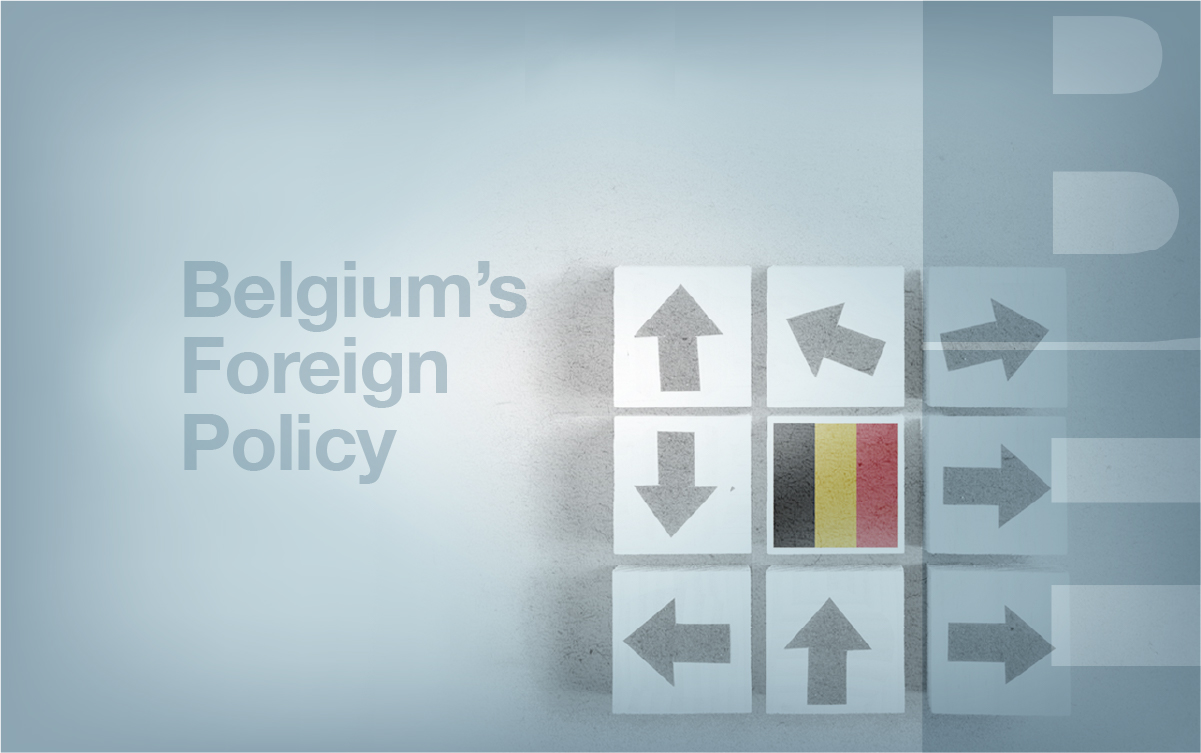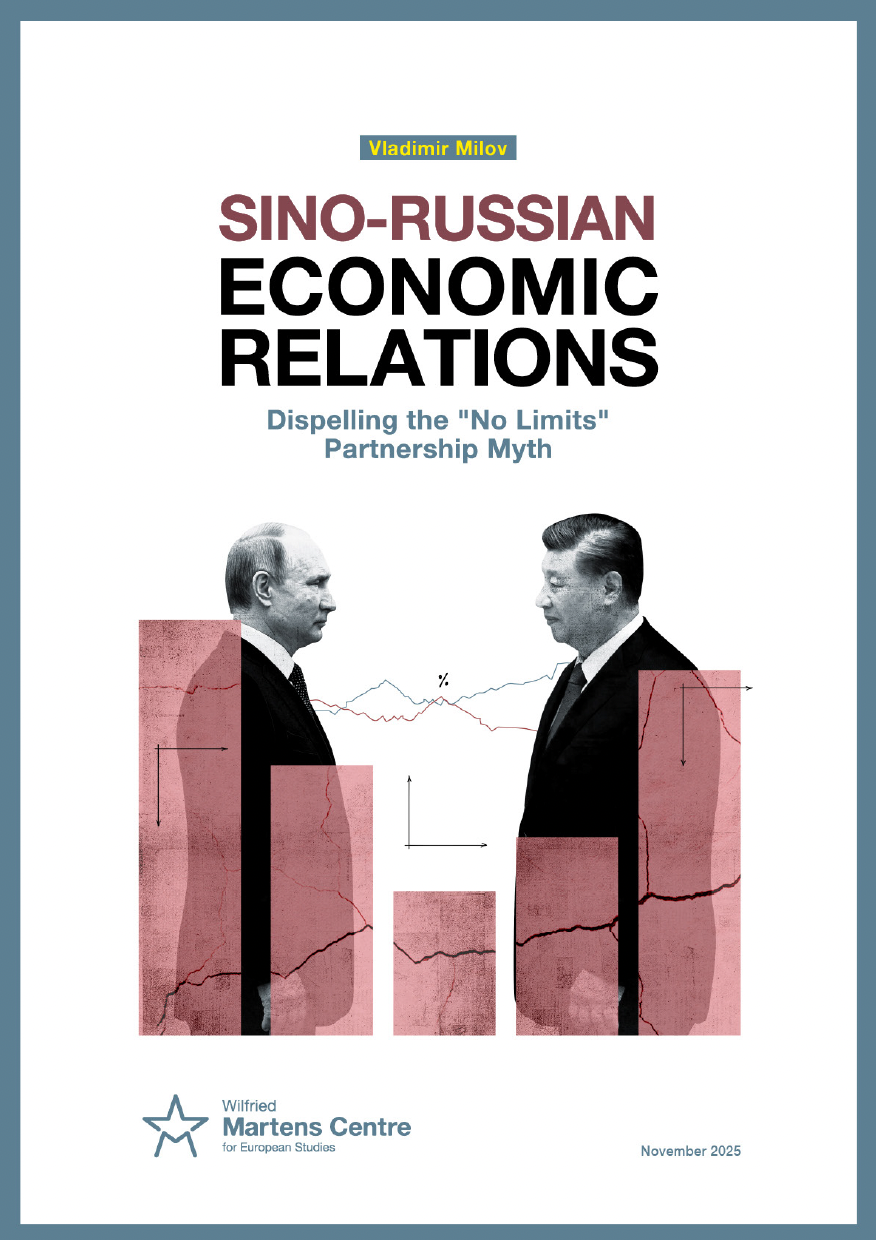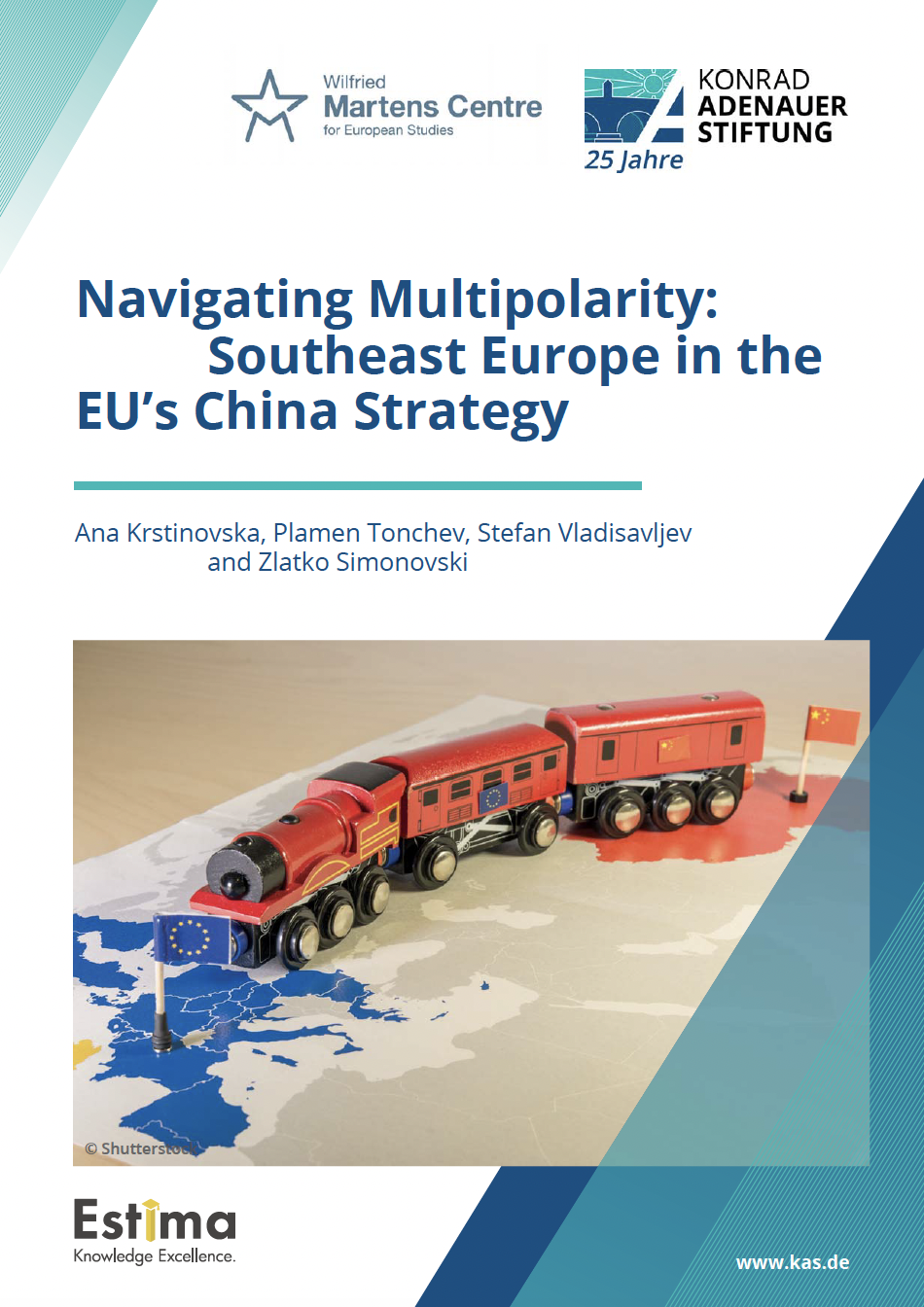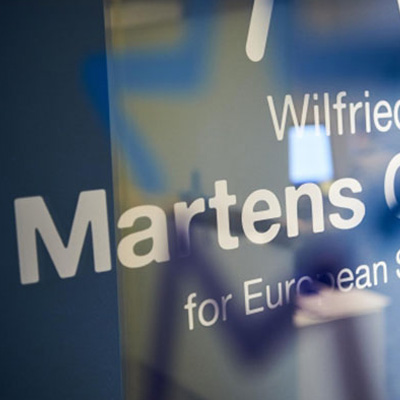Is Belgium’s Foreign Policy Undergoing a Strategic Recalibration?
13 February 2025

Belgium has long been known for its commitment to multilateralism, European integration, and diplomacy-driven engagement. As a founding member of the European Union and home to key EU institutions, it has traditionally positioned itself as a linchpin of European diplomacy. However, with the new government led by Prime Minister Bart De Wever, leader of N-VA, a Flemish nationalist and conservative political party, a shift is emerging – one that prioritises national sovereignty, security, and energy independence in ways that diverge from past policies.
Is this a natural evolution in response to global challenges, or a fundamental transformation that will redefine Belgium’s place in the world?
A Shift in Priorities: Security, Energy, and Migration
For years, Belgium’s foreign policy followed a well-trodden path: deep engagement in the EU, active participation in international institutions, and a largely soft-power approach to diplomacy. But the world is changing, and so is Belgium. The new government’s foreign policy agenda reflects pressing domestic and global concerns, centring on three key areas: migration control, energy security, and defence spending.
Tougher Migration Controls
Migration has become one of the most divisive issues in Belgian politics. In 2024 alone, asylum applications surged by 11.6%, exceeding 40,000 requests and straining the country’s reception system. In response, the new government is tightening its migration policies, marking a significant shift in approach.
The newly announced measures in the coalition agreement introduce stricter border controls, more rigorous asylum procedures, and tighter family reunification rules. This represents a clear departure from Belgium’s traditionally humanitarian stance, pivoting toward a more security-driven migration policy.
Belgium’s tougher stance is not happening in isolation. It reflects a wider European trend, where many governments are tightening immigration laws in response to rising political pressures and public concerns over migration management.
Reviving Nuclear Energy: A Reversal of Past Commitments
For years, Belgium was committed to phasing out nuclear energy in favour of renewables. That plan is now being scrapped in favour of a more pragmatic approach to energy security.
Citing growing concerns over energy stability and economic resilience, the new government has decided to extend the lifespan of existing nuclear reactors and explore potential investments in new facilities. This policy shift comes in response to Europe’s broader energy crisis, exacerbated by the war in Ukraine and the urgent need to reduce dependence on external energy suppliers.
While nuclear energy remains a highly debated issue, Belgium is now prioritising energy independence by maintaining nuclear power alongside its ambitious renewable energy targets, particularly offshore wind expansion. This move underscores a shift toward long-term stability and self-sufficiency, positioning nuclear power as a key pillar of Belgium’s energy mix rather than a replacement for its decarbonisation efforts.
Increased Defence Spending and NATO Commitments
Belgium’s military spending has long been a point of contention, both within the country and among its NATO allies. Historically, Belgium has been criticised for falling short of NATO’s 2% of GDP defence spending target. That is about to change.
The new government has pledged to increase defence spending from 1.3% of GDP to 2% by 2029, with a further rise to 2.5% by 2034. The defence budget will grow from €7.1 billion in 2023 to over €8.6 billion by 2028, alongside plans to boost military personnel from 25,000 to 29,100 by 2030 and introduce a 12-month voluntary military service for young people.
What does this mean for European security? Belgium is likely to assume a greater role in EU defence initiatives, such as PESCO (Permanent Structured Cooperation), and contribute more actively to EU military operations. Increased participation in peacekeeping and crisis response missions is also expected. Belgium could bolster NATO’s Enhanced Forward Presence (eFP) in Eastern Europe by deploying troops, equipment, and training.
This represents Belgium’s most significant defence investment since the Cold War, signalling a shift toward a more robust and proactive security posture.
Belgium and the European Union: A Changing Dynamic?
Belgium has historically been one of the EU’s most committed advocates, both in rhetoric and in practice. But the government’s new approach suggests a recalibration – one that seeks to balance deep EU engagement with stronger bilateral diplomacy.
The Arizona coalition aims to limit the EU’s role primarily to economic matters, emphasising its function in enhancing European competitiveness. The government advocates for less EU regulation and greater respect for the division of competences, asserting that “Europe should not take care of everything”.
In terms of policy, Belgium remains committed to supporting Ukraine and targeted sanctions against Russia. It also backs a two-state solution for Israel and Palestine, with a perspective toward recognising a Palestinian state.
Institutionally, the government seeks to enhance the role of national parliaments in European decision-making and advocates for stronger parliamentary oversight over the European Commission.
The government plans to increase diplomatic capacity by expanding human and material resources within its network of bilateral embassies, strengthening direct engagement with key global partners. This shift marks a departure from Belgium’s traditionally EU-centric approach, reflecting a broader adjustment to a multipolar world where strategic flexibility and diversified alliances are no longer optional – but part of the game.
Strategic Recalibration or the End of Belgian Exceptionalism?
Is Belgium’s new foreign policy simply an adaptation to modern challenges, or does it signal the end of the country’s traditional multilateralist stance? The shift is undeniable. With greater emphasis on national security, energy independence, and bilateral diplomacy, Belgium is moving away from its once unquestioned commitment to EU-centric foreign policymaking.
Belgium’s foreign policy was forged in an era of stability, where EU integration was the ultimate goal and military power played a secondary role. However, with war once again on European soil and global power shifts undermining the rules-based order, Belgium must now adopt a more strategic and adaptive approach.
What Lies Ahead for Belgium’s Foreign Policy?
One thing is certain: Belgium’s new government is reshaping its foreign policy to navigate an increasingly unstable geopolitical environment. While it remains deeply embedded in the EU framework, its rhetoric on national security and strategic autonomy raises questions about how far it can truly go in asserting an independent globalrole.
This dual approach – strengthening national resilience while maintaining strong EU cooperation – is poised to shape the next chapter of Belgian diplomacy. The era of Belgium serving primarily as a facilitator within EU decision-making may be fading, as the country seeks to assert itself as a more self-reliant player on the global stage.
How Belgium’s recalibrated foreign policy will take shape and be received by its European partners remains uncertain. However, its evolving diplomatic role marks a significant transformation – one that could redefine its influence, strategic positioning, and the EU’s broader geopolitical approach.
ENJOYING THIS CONTENT?





















